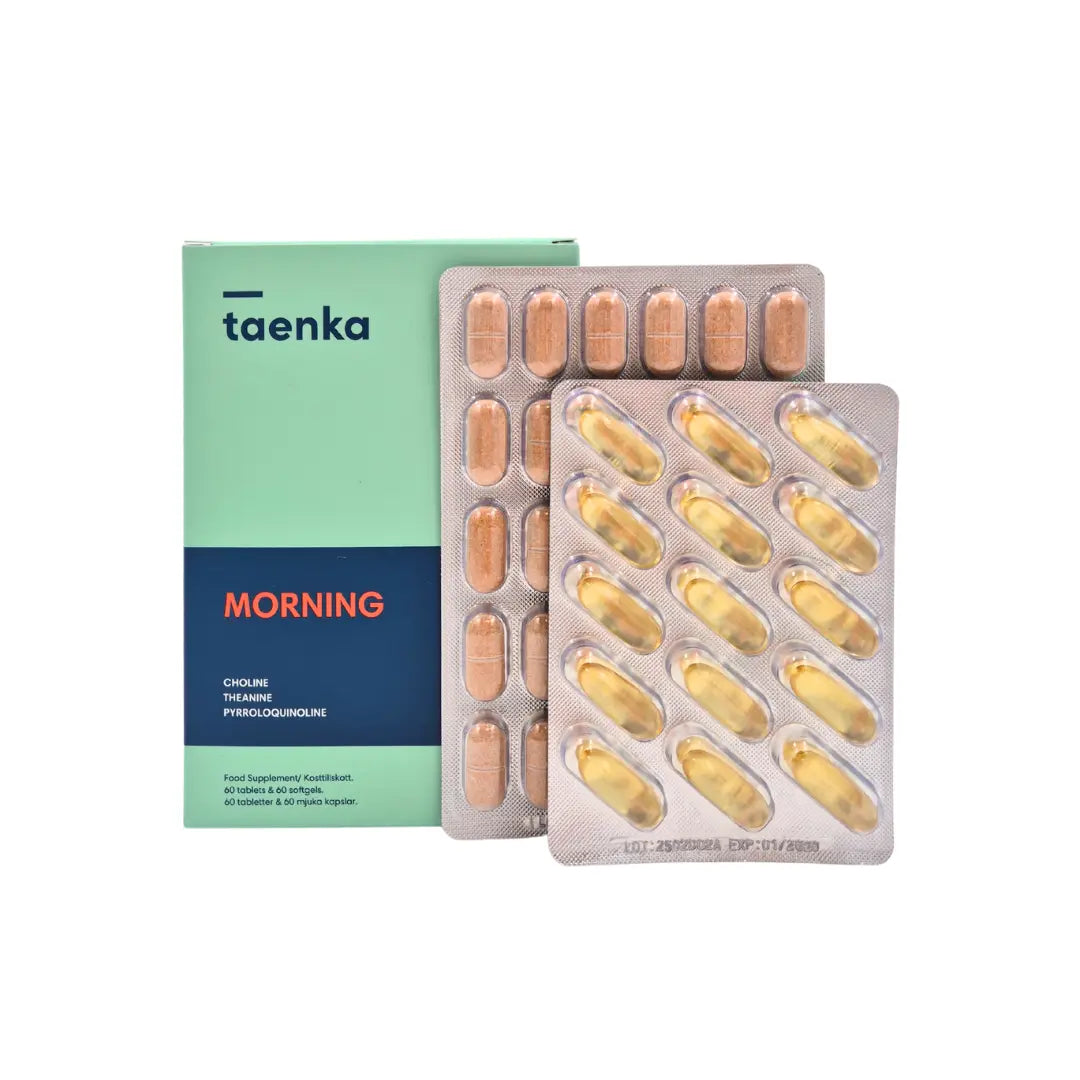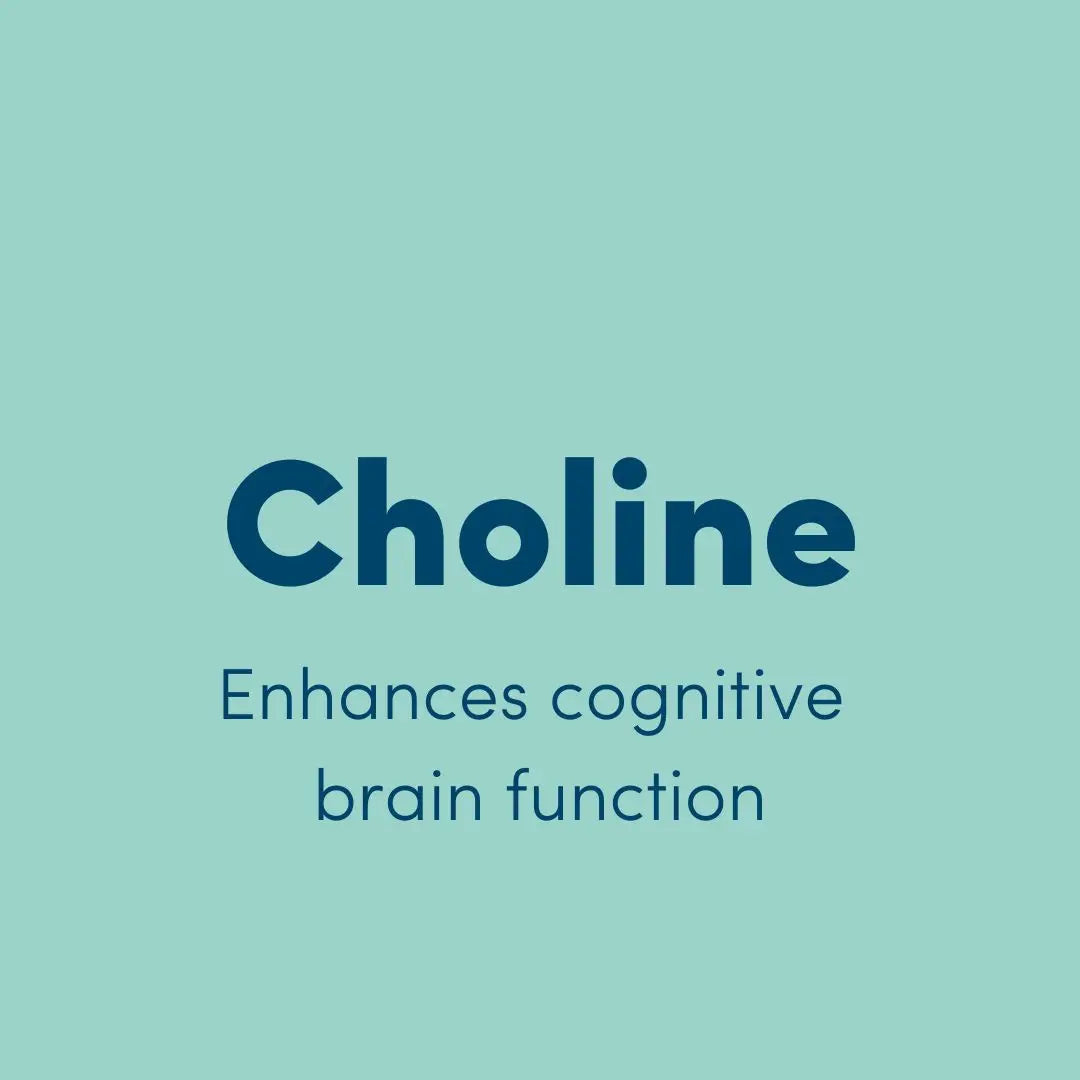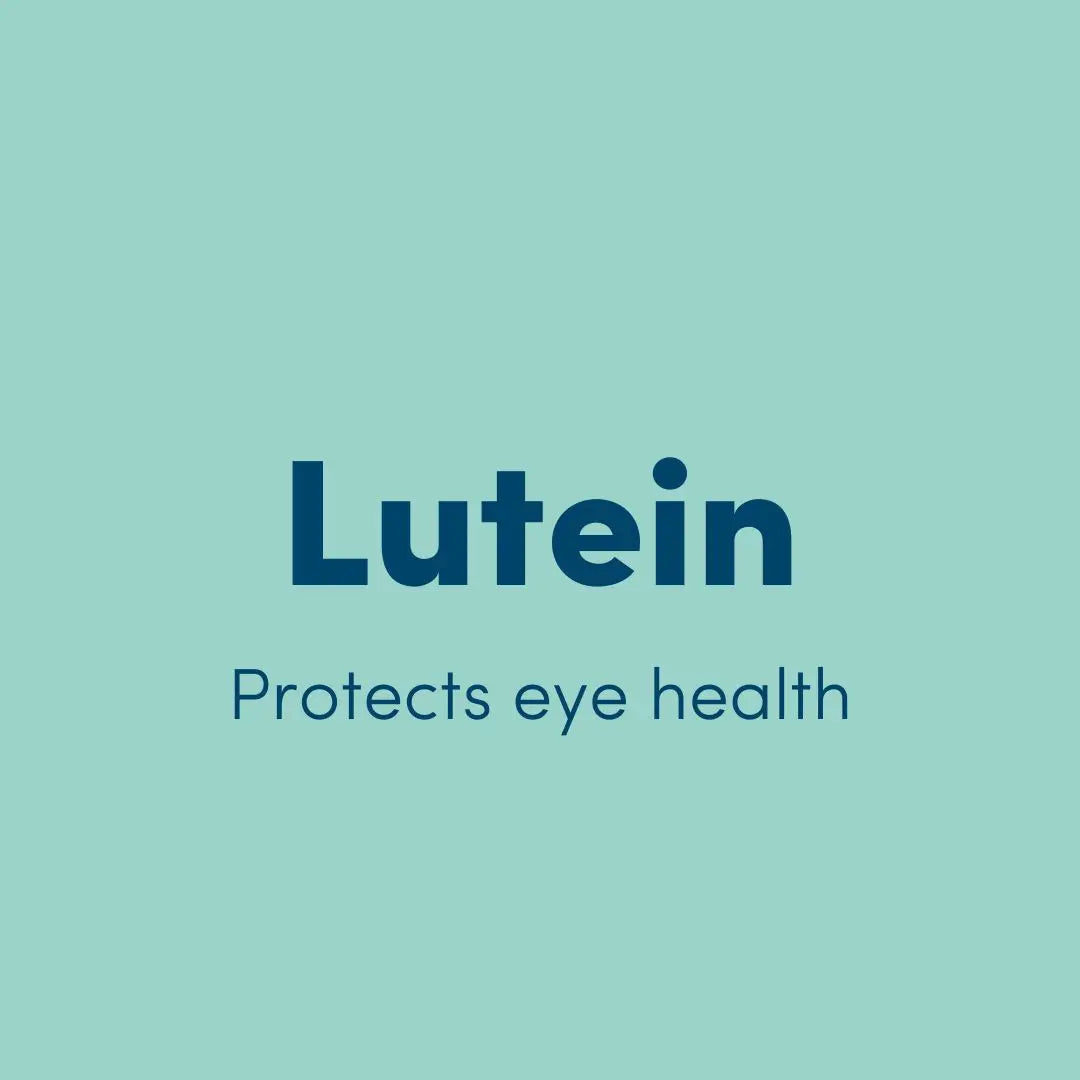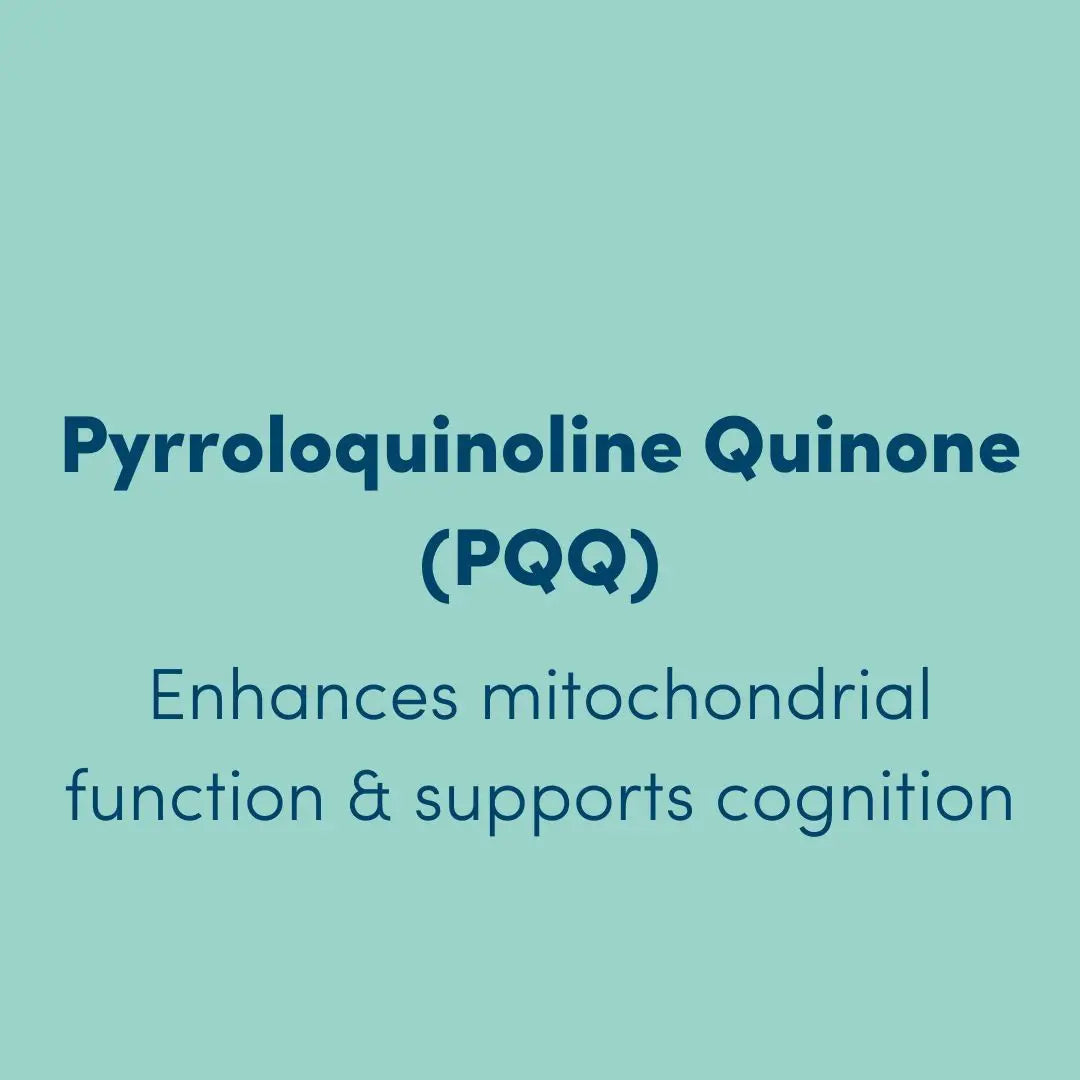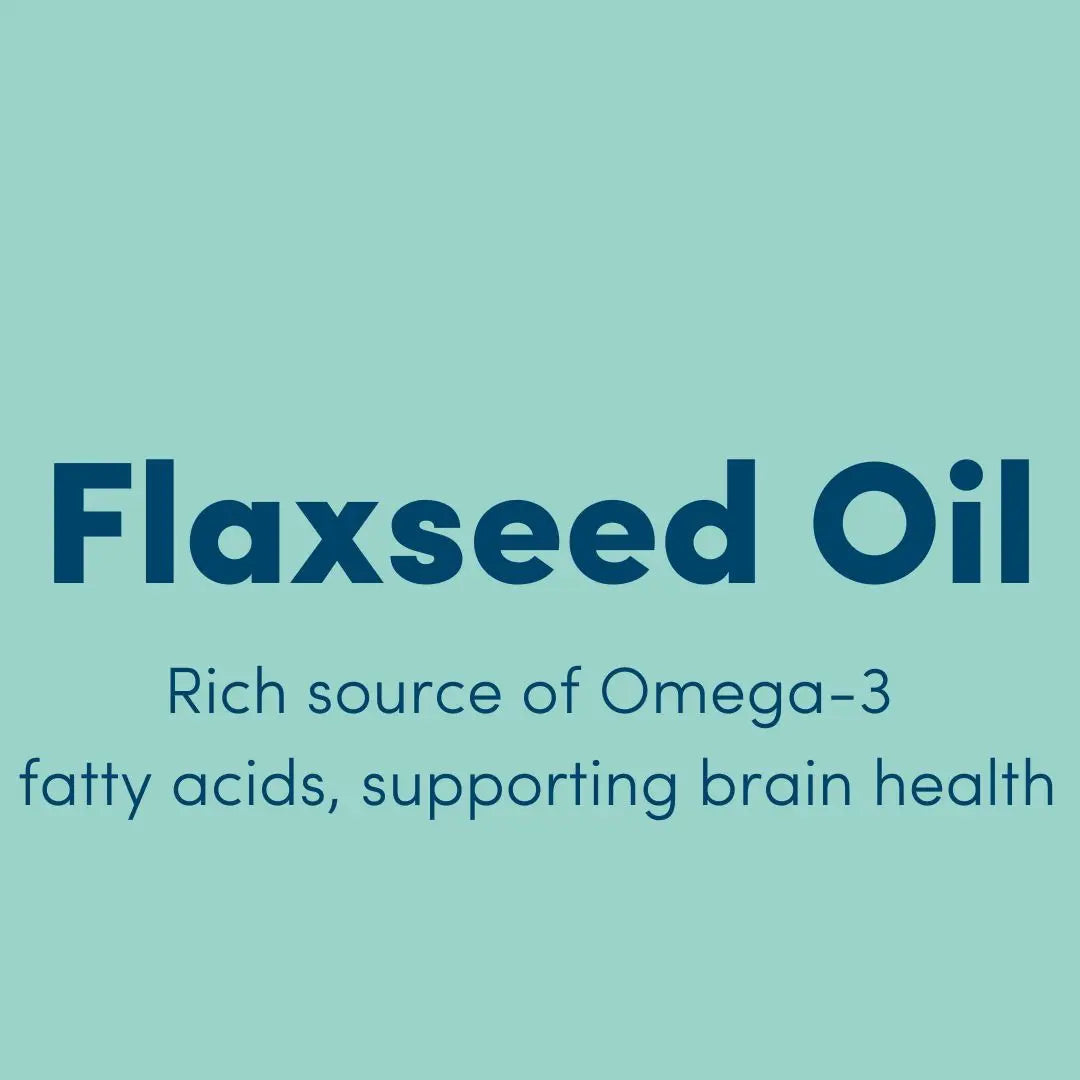
Acne is a common skin condition that affects millions of individuals worldwide, often causing both physical discomfort and emotional distress. While there are numerous treatments available, recent research has highlighted the potential benefits of omega-3 fatty acids in managing acne.
There are different types of acne of course, here we focus on the following:
Acne Comedonica (AC): Primarily involves non-inflammatory blackheads and whiteheads. It is less severe and does not involve significant redness or swelling.
Acne Papulopustulosa (AP): Involves inflammatory lesions such as papules and pustules. It is more severe, with significant redness, swelling, and potential discomfort.
A recent study explored the impact of omega-3 fatty acids on acne, revealing a promising dietary approach for those struggling with this persistent skin issue.

The Role of Omega-3 Fatty Acids in Acne Management
Studies have shown that achieving optimal omega-3 levels can lead to marked improvements in both inflammatory and non-inflammatory acne lesions, enhancing overall skin health. Furthermore, dietary interventions that elevate omega-3 levels have been associated with improved quality of life for acne sufferers, making these fatty acids a valuable component of holistic acne treatment strategies.
The Mediterranean Diet and Omega-3 Supplementation
Adopting a Mediterranean diet, rich in omega-3 fatty acids, has shown promise in managing acne. This diet emphasizes the consumption of whole grains, fruits, vegetables, nuts, seeds, and healthy fats, while limiting intake of dairy products and refined sugars. Omega-3 supplementation can effectively increase the body's levels of these essential fatty acids. Research indicates that a significant portion of acne patients have a deficiency in omega-3, and rectifying this through diet and supplements results in substantial improvements in skin condition.
Not only does this approach help in reducing both inflammatory and non-inflammatory acne lesions, but it also underscores the importance of nutrition in skin health. This dietary shift not only supports acne management but also contributes to overall well-being by fostering healthier eating habits and reducing the consumption of known acne triggers such as cow's milk and high-glycemic foods (breads, potatoes, rice, pinneaple).

- Reduction in Acne Lesions: Increasing omega-3 levels can directly impact the severity of acne.There were significant improvements in lesions.
- Improvement in Omega-3 Levels: Patients with AC have higher omega-3 levels and respond better than those with AP. However, improvements can still be seen.
- Mediterranean Diet: By improving omega-3 deficiencies through a Mediterranean diet and supplements, patients had improvements in their skin condition and overall quality of life.
- Quality of Life: The overall quality of life improved significantly for the majority of participants, especially those with AP. This improvement highlights the holistic benefits of omega-3 supplementation.
- Dietary Changes: Reducing intake of cow's milk and dairy products can reduce acne flare-ups as the two are often linked.
- Natural Solution: This approach offers a natural solution for individuals seeking to manage their acne effectively.
For those struggling with persistent acne, considering dietary changes and omega-3 supplementation could be a beneficial step. As always, it's advisable to consult with a healthcare professional before starting any new supplement regimen. Embrace the power of omega-3s and take a proactive approach to achieving clearer, healthier skin.
taenka does not promote clearer skin through its product, but it does contain omega-3, also supporting brain health.
Guertler A, Neu K, Lill D, Clanner-Engelshofen B, French LE, Reinholz M. Exploring the potential of omega-3 fatty acids in acne patients: A prospective intervention study. J Cosmet Dermatol. 2024 Jul 10. doi: 10.1111/jocd.16434. Epub ahead of print. PMID: 38982829.
